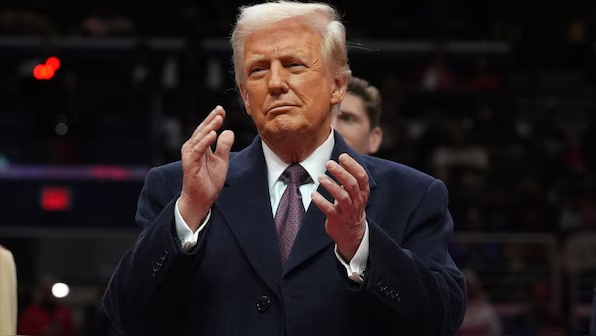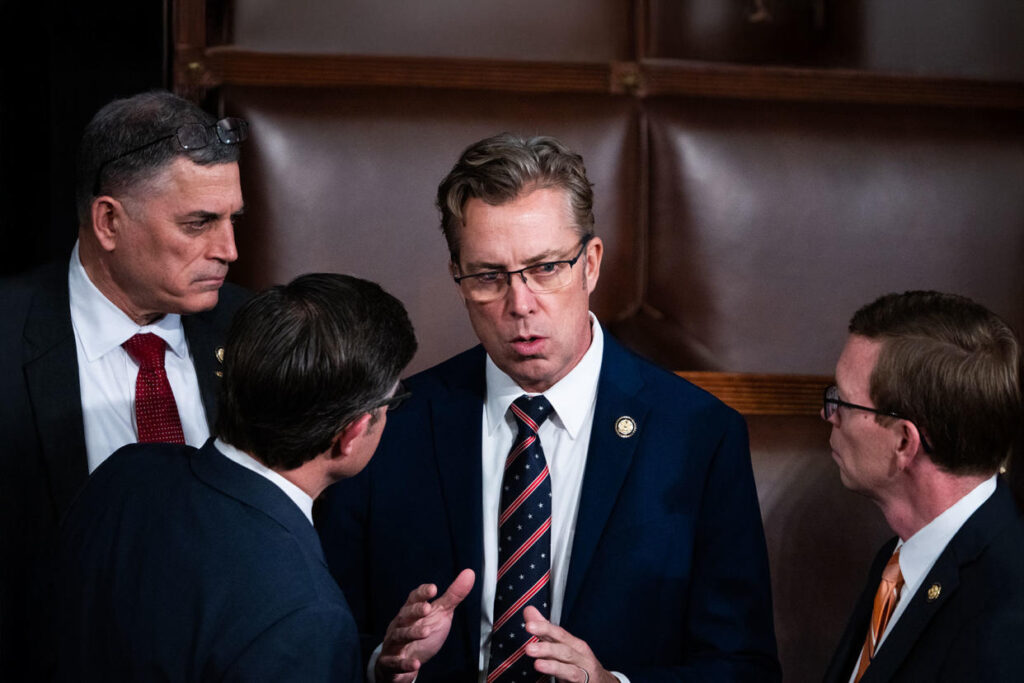Rep. Andy Ogles (R-TN) has introduced a Joint Resolution in Congress aimed at amending the 22nd Amendment of the U.S. Constitution, which would enable President Donald Trump to serve a third term in the White House.

Ogles’ proposal seeks to change the Constitution’s term limits, allowing presidents to serve up to three terms. The resolution specifies that no president who has been elected for two consecutive terms could run for a third term, effectively applying only to Trump, who is currently serving his second non-consecutive term, or Vice President JD Vance, who is first in the presidential line of succession.
While Trump has jokingly referenced running for a third term, the 22nd Amendment currently prohibits any individual from holding the office of President for more than two terms. However, Trump previously told *Time* magazine he was opposed to challenging the amendment, stating, “I wouldn’t be in favor of it at all.”
In his press release, Ogles expressed that Trump’s leadership stands in contrast to the economic struggles Americans have faced in recent years, suggesting that only Trump could reverse the nation’s current trajectory. “This amendment would allow President Trump to serve three terms, ensuring that we can sustain the bold leadership our nation so desperately needs,” Ogles said.

The 22nd Amendment currently states: “No person shall be elected to the office of the President more than twice…” Trump, who served one term from 2016 to 2020, is currently vying for re-election in 2024. Under the proposed amendment, only presidents who have not served two consecutive terms could seek a third term, effectively excluding figures such as Bill Clinton, George W. Bush, and Barack Obama from seeking an additional term.
The proposed amendment has sparked opposition from Democratic lawmakers. Rep. Steve Cohen (D-TN) described it as unnecessary, saying, “Two terms is enough chaos for any nation to endure.” Other critics, including Rep. Dan Goldman (D-NY), argued that the proposal reflects Trump’s authoritarian tendencies, which have been normalized within the Republican Party.
The amendment process would require broad support from Congress and state legislatures. To succeed, it would need two-thirds approval in both houses of Congress or approval from two-thirds of state legislatures, followed by ratification from three-fourths of state legislatures or conventions.
As of now, Ogles’ proposal faces significant hurdles to achieving the constitutional changes it calls for.



